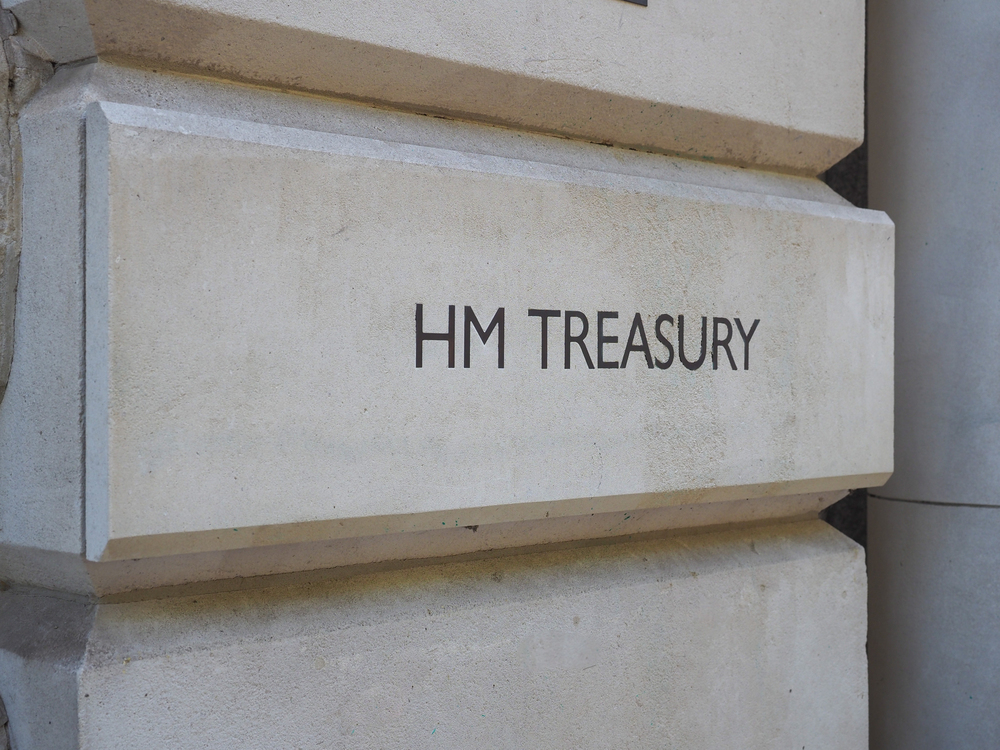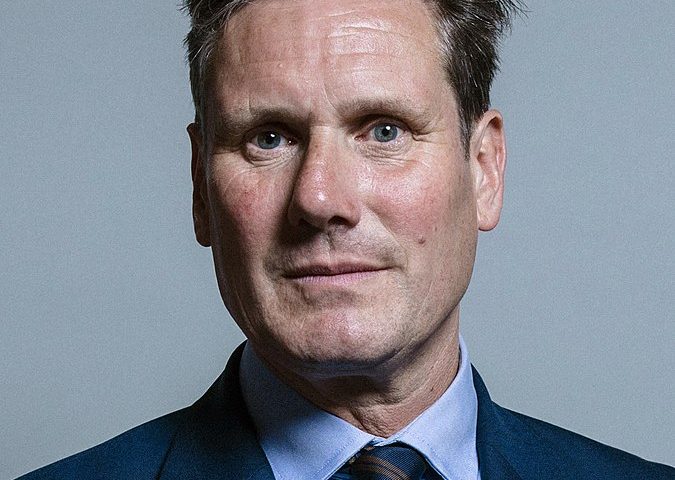The Treasury has not denied rumours that it plans to increase capital gains tax, as Rachel Reeves is set to deliver a significant speech addressing the “broken” state of the UK’s public finances. Reports indicate that the Chancellor instructed Treasury officials to assess the “spending inheritance” left by the Conservatives, revealing an estimated £19 billion of “excess pressures.”
Rachel Reeves is expected to present the audit’s findings in a speech to Parliament, drawing comparisons between the government’s finances and a household budget. She is anticipated to say: “People up and down our country will understand that when household budgets are stretched, families have to make difficult choices. And the government needs to do the same.”
Reeves is also expected to announce the date of the next Budget during the speech, which cannot occur before October 20 due to the 12 weeks required by the Office for Budget Responsibility (OBR) to assess the government’s spending plans.
The audit and Reeves’ expected comments on the so-called “black hole” in the country’s finances have sparked speculation about potential tax increases or spending cuts in the forthcoming Budget. According to The Sunday Telegraph, the Treasury is considering aligning Capital Gains Tax (CGT) with income tax, a move the Institute for Fiscal Studies estimates could generate £2.7 billion in revenue.
The possibility of a CGT increase was a prominent topic during the recent general election campaign, with prominent figures in the City warning that such a rise could spell “the death of entrepreneurship” in the UK. Another option under consideration is restricting reliefs on higher earners’ pensions, as well as cutting expenditure. The Guardian reported that Reeves plans to delay several “unfunded” upgrades to hospitals and roads.
The fiscal gap is unlikely to be alleviated by the Chancellor’s plan to grant public sector workers an above-inflation 5.5 per cent pay rise, which could cost the exchequer over £8 billion.
When questioned about the potential CGT increase, a Treasury spokesperson stated: “We have set out the need for economic stability and we have begun fixing the foundations so we can grow our economy and keep taxes, inflation, and mortgages as low as possible.”







